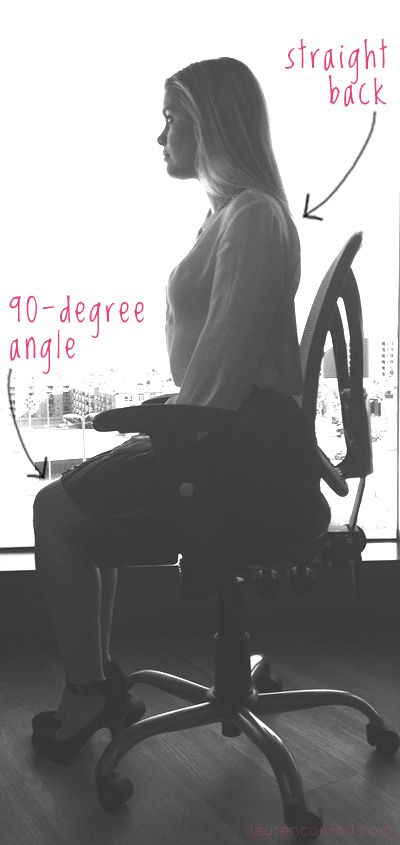Want a Faster Metabolism?
Can we control our metabolism? Sort of. Although our genetics and age effect our metabolism, we still have some control. In fact, you can have some control through exercise, diet and sleep habits. If you think about you body in terms “of an engine, your metabolism is the the speed at which your engine runs. By making adjustments to these three elements, you can actually make your engine rev higher” says Scott Isaacs. The number of calories that you burn at rest–your basil metabolic rate–is based on your height, age and body type. Therefore, you can’t do much about that portion. However, you can change the number of calories you burn.
First and foremost, nutrition experts agree that eating breakfast makes all the difference. Think of it this way: if you leave your house for the day without eating breakfast, you are setting yourself up for a slow metabolism–your basically hitting a pause button. This is because your brain sends a message to your cells to conserve energy in cause you don’t consume another meal. Therefore, your body holds onto the stored fat rather than helping you burn it off. Some people suggest eating small meals every three to four hours and aim to make each meal consist of one quarter or more of protein. The protein can come from animals or plants. Marissa Lippert says that protein stimulates cells that are in charge of burning calories. If you eat foods that are high in processed carbs or sugars, you can develop insulin resistance which causes your body to store more fat.
Exercise plays a big role in how fast your metabolism works. Isaacs says, “not only does exercise affect your metabolism while you are doing it, but research shows you can keep burning calories up to 24 hours after you finish your metabolism stays elevated.” Once you pass the age of 40, exercise is particularly helpful as that’s the age when your metabolism typically starts to slow down.
Did you know that getting less sleep than you should/are used to can effect how much food you consume. For example, if you are used to getting eight hours of sleep, but only get five, you might consume more than 500 calories more than you typically consume when you get eight hours a night. This is because your appetite regulating hormones become effected by less sleep. A small change in your sleep schedule can make a huge difference for your metabolism–aim for seven to eight hours a week.







